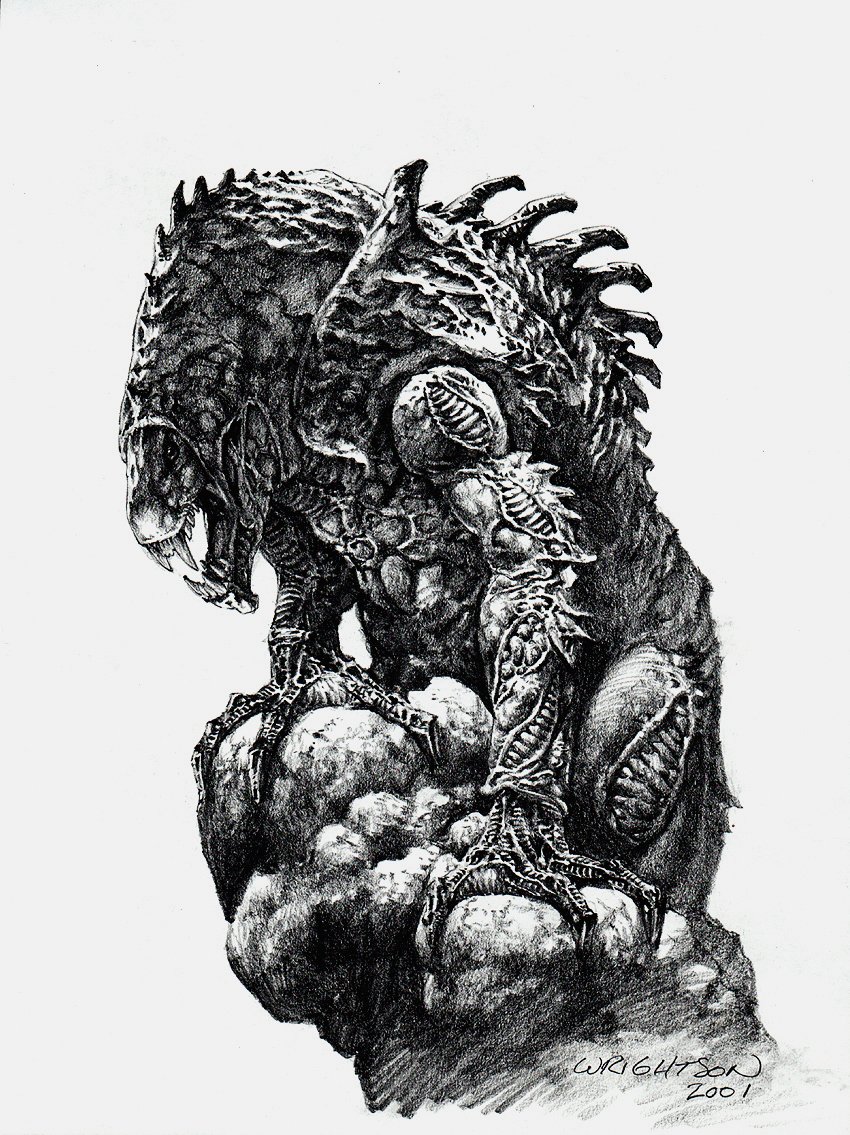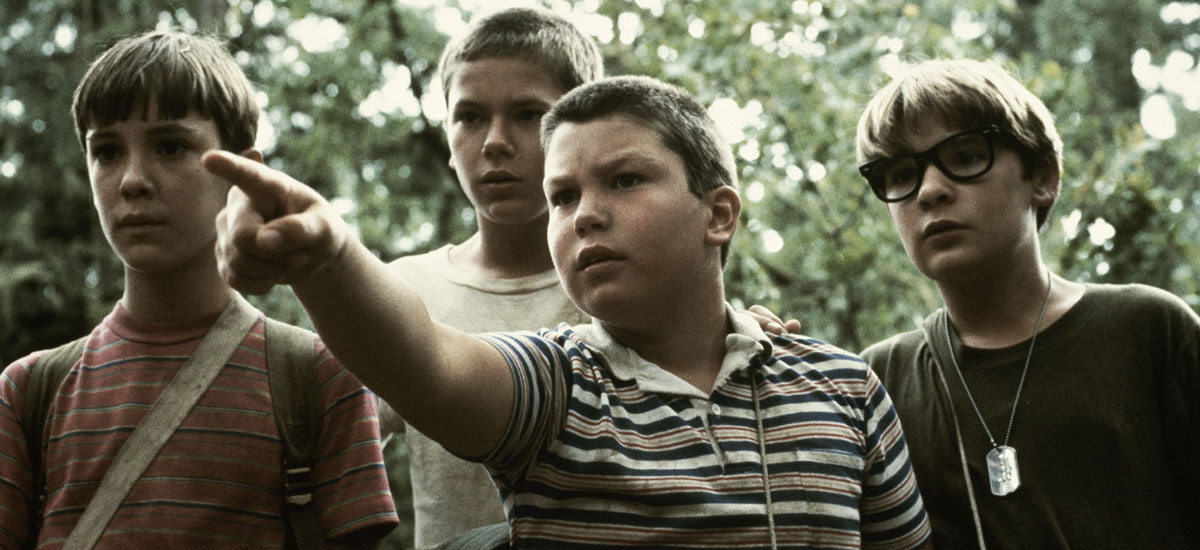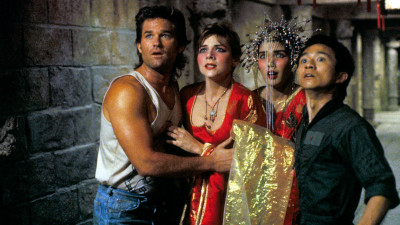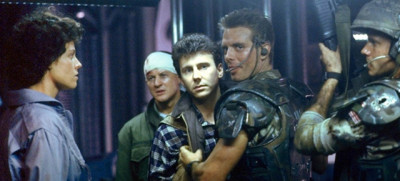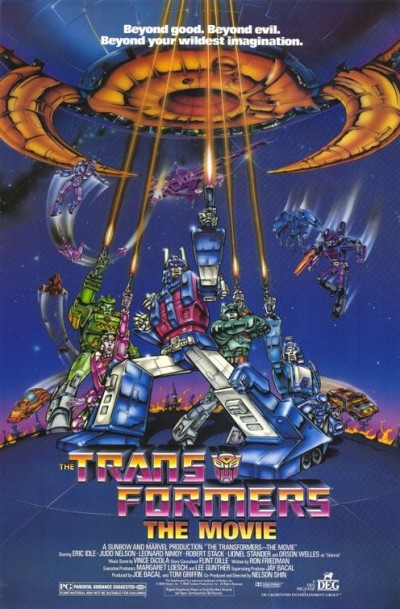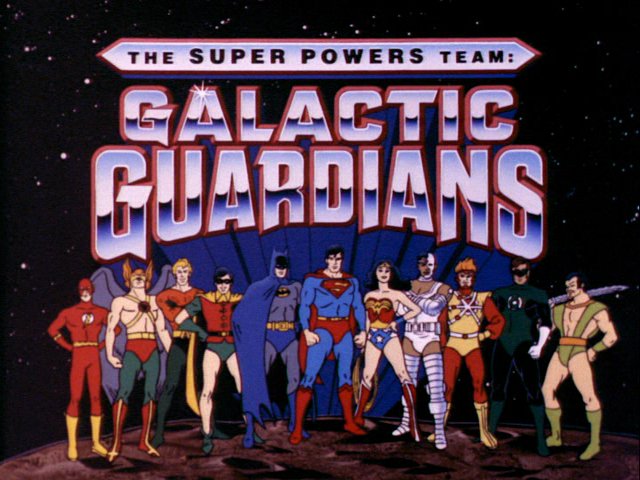TV
Vinyl
I thought Vinyl on HBO was pretty good. I have a little knowledge of music in the 1970s, but not a lot — does Almost Famous count? And I liked how the story of a record exec in the ’70s who’s life is slowly unravelling from a few bad business deals and cancerous acquaintances unfolds.
That being said, my big fear for Vinyl is that what worked so well in the first episode — namely a crazy pace that went from 0 to 100 and back to 0 again over and over and the drug fueled mania of the times will be discarded moving forward for a more traditional structure. Not that this will doom the show, just that it might.
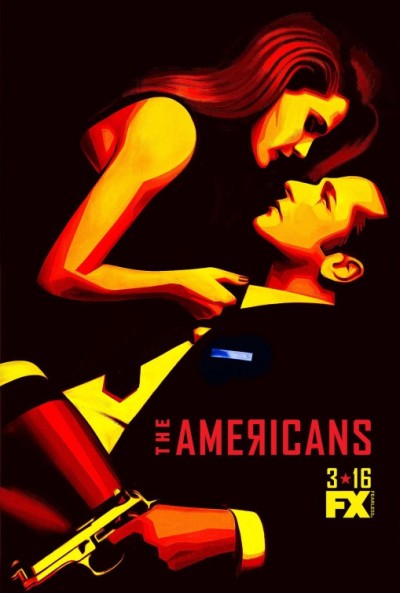
The creators of Vinyl, Terence Winter and Martin Scorsese, also did this interesting thing with the story by jumping around in time. We get an opening scene of insanity, then a cut to “five days earlier” like a lot of shows do these days but the creators of Vinyl also do a fair amount of jumping far back to, what I’m assuming is, the early ‘60s when the main character Richie (Bobby Cannavale) was just getting into the business and was learning the ropes on how to rip off the musicians and make loads of money himself. And this isn’t just once, it was over and over again and was an integral part of the show.
I can’t imagine how much the music rights for the songs used in Vinyl cost. There’s a lot of original music from the ‘60s and ‘70s played throughout. And though there is a scene with Jimmy Page and Led Zeppelin’s manager backstage at some show, Zep songs must’ve cost too much since that’s the one scene I noticed they used sound-alike music for.
Now that I think about it, Vinyl is Almost Famous via Martin Scorsese but from the business side “ruining” music. B
The X-Files
As we approach the end of The X-Files mini-series I decided to look back on episodes of the show that I especially liked, new and classic included. I noticed one thing about many of the ones I liked the best; they were all written by the same guy, Darin Morgan:
- “Clyde Bruckman’s Final Repose”
- “Jose Chung’s ’From Outer Space’”
- “Quagmire”
- “Mulder & Scully Meet the Were-Monster”
It’s weird since all of Morgan’s episodes break the typical The X-Files mold, but I think that by breaking that mold he took the series places it might never have gone otherwise.
As I was researching Morgan I noticed another thing, he wrote my favorite episode of The X-Files spin-off series Millennium too. Now I can’t say I was a fan of Millennium since I only ever watched a handful of episodes at best. But one episode I did watch was entitled, “Somehow, Satan Got Behind Me.” In it, a group of demons, who look like regular people to regular people but demons to each other, sit around a diner and talk about all the mean things they’ve done to humanity since they’ve seen each other last.
It’s the way that Morgan treats these demons, as regular Joes with problems of their own who see what they do as a job, that makes the episode so interesting and more memorable than other episode of the series.
Better Call Saul
The second season of the fabulous Better Call Saul started back up on AMC last week and picked up right where the first season ended with Jimmy McGill (Bob Odenkirk) having to decide whether to do the right or wrong thing after events conspired against him in the first season. A
The novel 11/22/63 is one of my favorite, if not my favorite, books by Stephen King. It’s about a time traveler Jake Epping from our time who goes back to try and stop the Kennedy assassination in order to change the present. But what he’s not prepared for is a past that actively tries to stop anything that might change history and Jake finding his place and love in 1960s Texas which he’d have to leave behind to return to our time if he’s successful in stopping Lee Harvey Oswald.
And now comes the Hulu series 11.22.63 with James Franco in the role of Epping. From the first episode the creators of the show have done their best in condensing King’s 800+ book down into a more manageable story. It’s tough to say what’s been removed from the story after only seeing one, but it seems like all of the major story beats from the novel, from the way time travel works to Jake going back in time and trying to see if he can make small changes to time pushing back against those changes are all still present in 11.22.63. What seems to be gone are some of the little details. Which is probably for the best with an eight episode series like 11.22.63 that only has a limited time in order to tell the story.
My only concern is that what I loved about the novel so much were those little details and I’d hate to see too many of them go.
One thing I was surprised by the first episode was that it had something that I don’t remember being present in the book; the idea that when Jake’s in 1960s Texas and he notices the past starting to push back he might be onto something major that’s going to happen in history even if he’s not aware of what’s about to happen. I thought this was a great idea. B+
